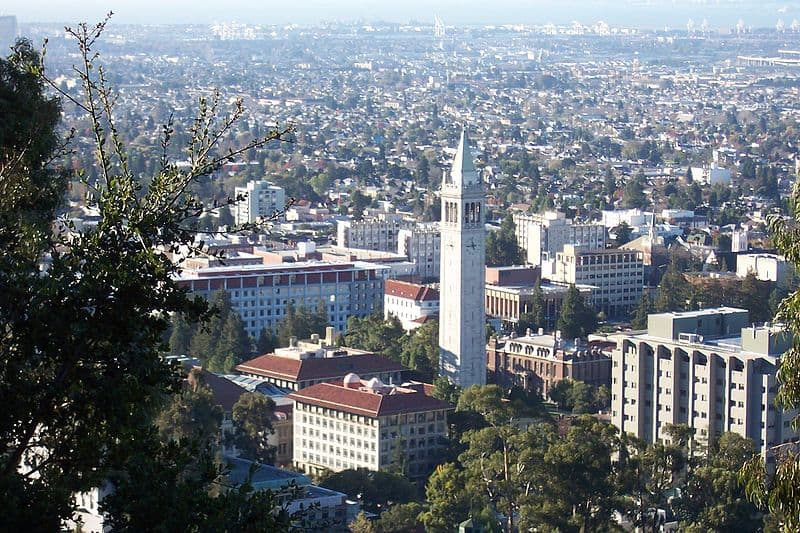
GSK sets up new CRISPR lab with UC, Berkeley
pharmafile | June 13, 2019 | News story | Medical Communications | GSK, UC, berkely, crispr, genetics, pharma
GSK has struck a $67 million deal with the University of California, Berkeley.
British multinational GlaxoSmithKline will collaborate with UC, Berkeley in using gene-editing tool CRISPR to look at the ways in which gene mutations cause disease.
The five year collaboration will see UC, Berkeley and GSK set up the Laboratory for Genomics Research (LGR) which will be led by a group of researchers including Jennifer Doudna – a co-inventor of CRISPR-Cas9.
Jonathan Weissman, a Professor of Cellular Molecular Pharmacology at University of California, San Francisco and Hal Barron, the Chief Scientific Officer and President for R&D at GSK will work alongside Doudna in the newly founded LGR.
It is hoped that the new lab will help researchers better understand the area of functional genomics.
“Technology is key to our innovation strategy at GSK, and CRISPR is one of the most important technologies of our time,” Barron said. “With the expertise of Jennifer and Jonathan helping to steer the LGR, the mission of the lab is to advance our scientific understanding of the relationship between genes and disease to help find better medicines faster.”
The LGR will receive $67 million over a five year period. This will cover the cost of building the facilities and pay the salaries of 14 GSK employees and 24 full-time university staff.
The lab will be focused on the therapeutic areas of immunology, oncology and neuroscience.
Doudna commented: “Over the last seven years, CRISPR has transformed academic research, but until the LGR, we haven’t had a focused effort to catalyze the kind of research we know will lead to new innovation using this CRISPR tool.”
“LGR is about building that space where creative science is partnered with the development of robust technology that will help develop tomorrow’s drugs. I think we’re going to be able to do science that none of us can even imagine today.”
GSK’s artificial intelligence (AI) and machine learning (ML) group will be involved in setting up the LGR’s computational systems.
Professor Weissman said: “One of our key goals is to advance the field overall and make these tools as broadly available as possible.”
“The LGR screening center will enable labs at UCSF and Berkeley. Having access to it will give our scientists opportunities to advance their research in ways that would be very hard for them to do in their own labs.”
Louis Goss
Related Content

GSK shares results from phase 3 trial for gonorrhoea treatment
GSK has announced positive results from its phase 3 EAGLE-1 trial for gepotidacin, a potential …

GSK’s meningococcal vaccine candidate accepted for FDA review
GSK has announced that the US Food and Drug Administration (FDA) has accepted for review …

GSK shares data from phase 3 trial for Jemperli combinations for endometrial cancer treatment
GSK has announced positive results from part 1 and part 2 of its RUBY/ENGOT-EN6/GOG3031/NSGO phase …







